Turning the tide for women’s rights through strengthening feminist coalitions
Senior Advocacy Advisor, Sini Maria Heikkila reflects on the recent Women7 meeting.

Women7, an international network of feminist advocates pushing for stronger G7 commitments to gender equality, gathered in Berlin in October. Our Senior Advocacy Advisor, Sini Maria Heikkila, was among the attendees. Here, she shares her reflections and takeaways.
The purpose of the meeting was to assess the G7’s outcomes on gender equality and women’s rights this year – as well as to evaluate the work of the W7 itself. As a W7 advisor and a member of the coalition’s Women’s Economic Justice and Rights group, I came back from Berlin feeling inspired by the energy and expertise of fellow advisors. But when it comes to the G7 commitments to women’s rights, despite some positive progress from previous years, concerns remain.
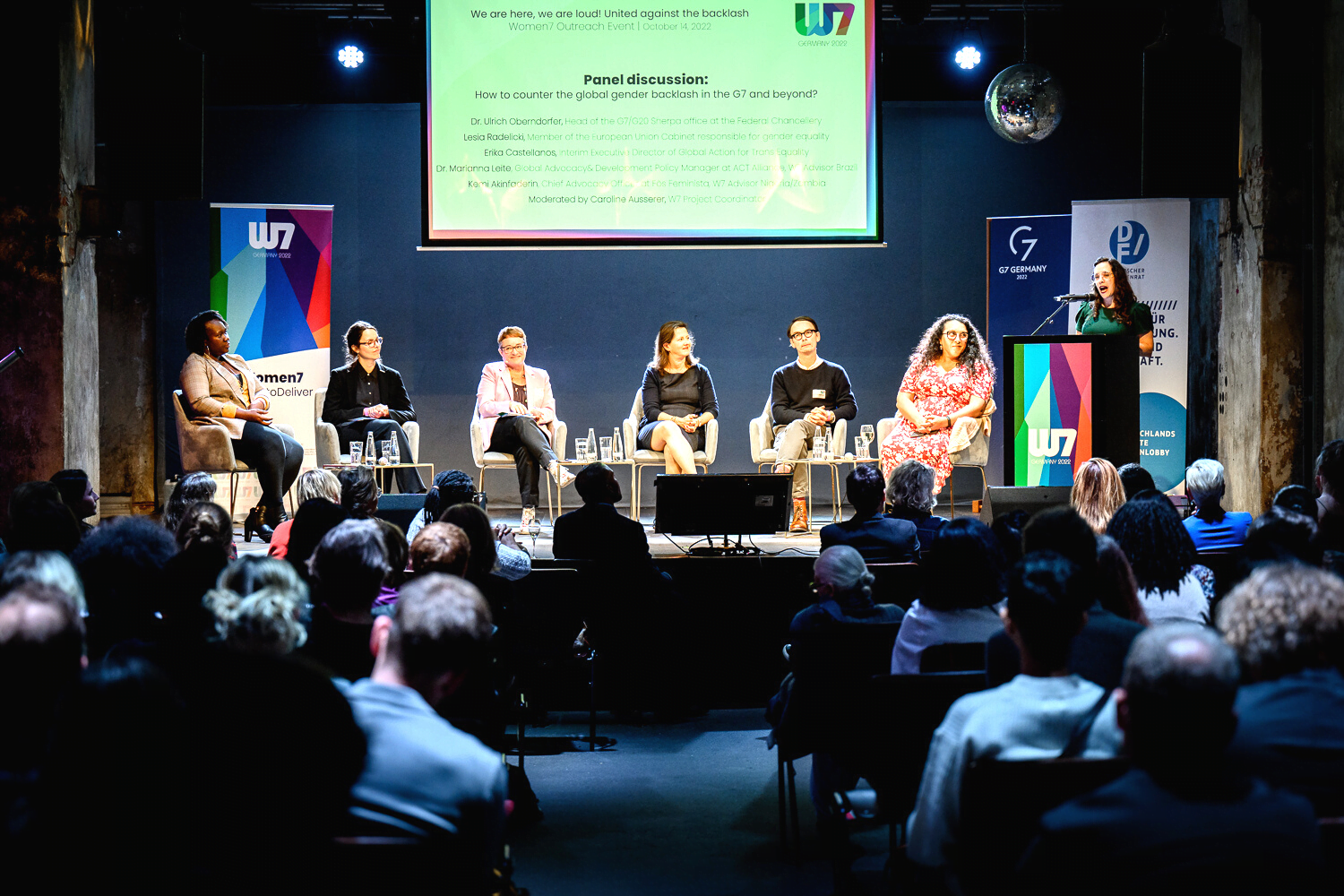
G7 commitments to women’s rights in 2022
The importance of the G7 decisions cannot be understated- the policy commitments of this small group of nations have significant impact on national priorities in the G7 countries as well as the lives of many women and girls across the world.
The feminist calls to the G7 leaders have been loud and clear this year. At the W7 Summit in May, the W7 Communiqué and Implementation Plan were handed over to the German Federal Chancellor and G7 President Olaf Scholz. In June, the G7 leaders adopted their official Communiqué highlighting some critical commitments to women’s rights as well. In terms of women’s economic empowerment, the G7 leaders made a concrete commitment to address unpaid care work through financial contribution to the World Bank’s Childcare Incentive Fund. We have also welcomed some positive focus on structural barriers, such as gender norms and the importance of supportive economic fiscal policy frameworks for women.
Many W7 advisors agreed that there have been some positive developments this year. For instance, this was the first time in the history of the G7 that it adopted language including LGBTQ+ and non-binary people. Also, for the first time in the G7’s history, an accountability tool was developed (Gender Dashboard) to assess the concrete implementation of G7 women’s rights commitments.
The importance of the G7 decisions cannot be understated- the policy commitments of this small group of nations have significant impact on national priorities in the G7 countries as well as the lives of many women and girls across the world.
Still, concerningly details and plans for implementation of the G7 communiqué were lacking. An intersectoral ministerial approach to women’s rights has also been missing. For instance, the G7 Trade Ministers’ Declaration published in September does not have any mention of women or gender, even though it includes references to many issues relevant to women’s economic empowerment.
In summary, whilst this year’s G7 have taken steps in the right direction, a more holistic approach to women’s rights as well as concrete commitments and implementation plans are needed.
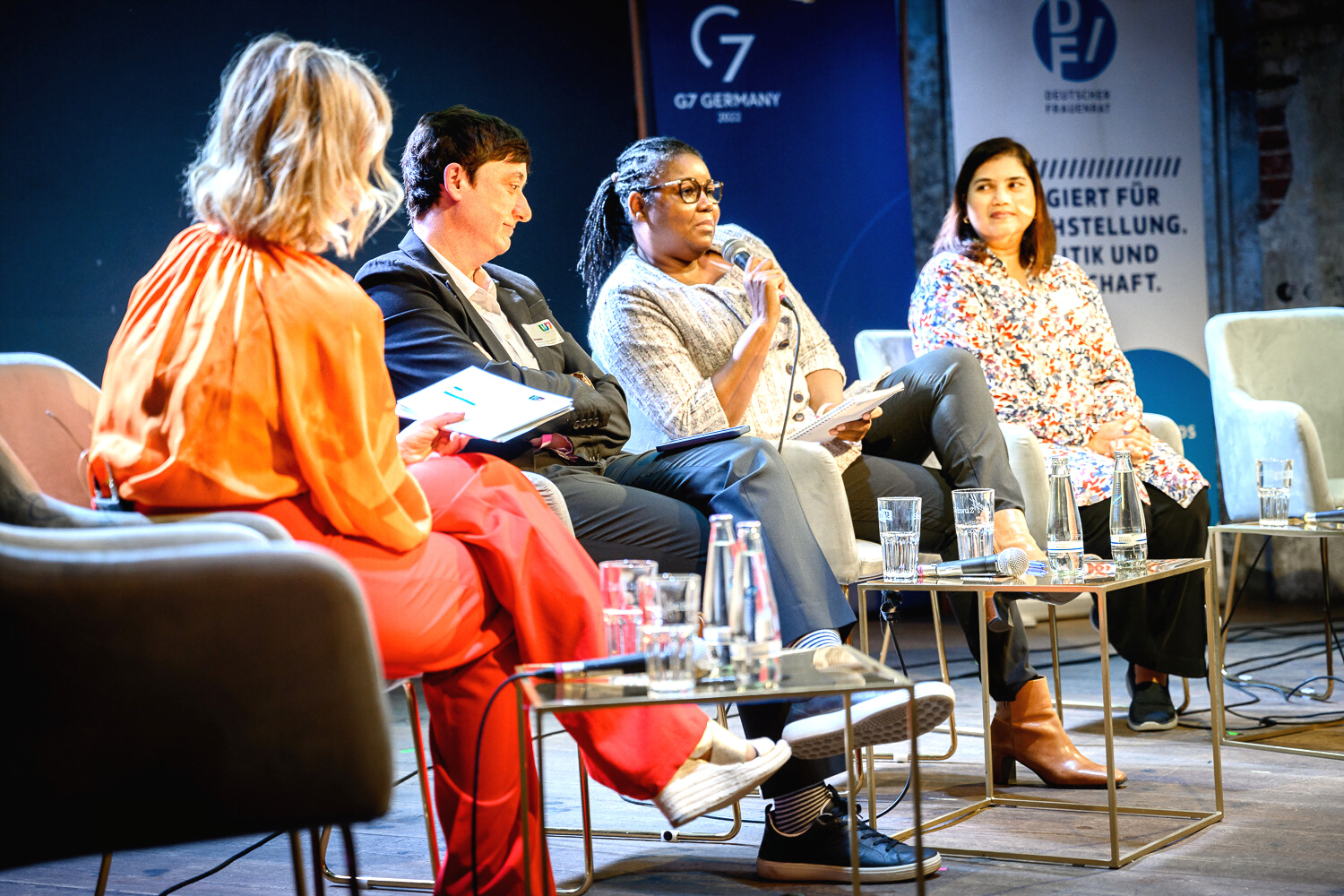
Reflections from the Women7 meetings
There is definitely power in numbers in advocacy – and nothing proved this better to me than the powerful work of W7 advisors as a feminist coalition. Since January this year, we have worked together to strategise, write briefings and harness our collective expertise to engage with the G7 countries. Few of us would have had opportunities to reach the G7 presidents on our own, but as a coalition, we have been able to make our demands heard directly by the G7 president and other high-profile policymakers.
There is a sense of sisterhood in the work of W7. There is strengthened advocacy and political power and there is a combined hundreds of years of expertise on women’s rights and gender equality within the coalition. The W7 meeting in Berlin culminated in the W7 Outreach event which was joined by the G7 Gender Equality Ministers as well. Many activists as well as G7 representatives highlighted the rising tide of authoritarianism and backlashes against women’s rights. There was a strong recognition that we have to move faster to counter the resentment of progress towards equality. Supporting and strengthening coalitions pushing for women’s rights in all areas – such as W7 – remains one of the key ways to do this.
There is a sense of sisterhood in the work of W7. There is strengthened advocacy and political power and there is a combined hundreds of years of expertise on women’s rights and gender equality within the coalition.
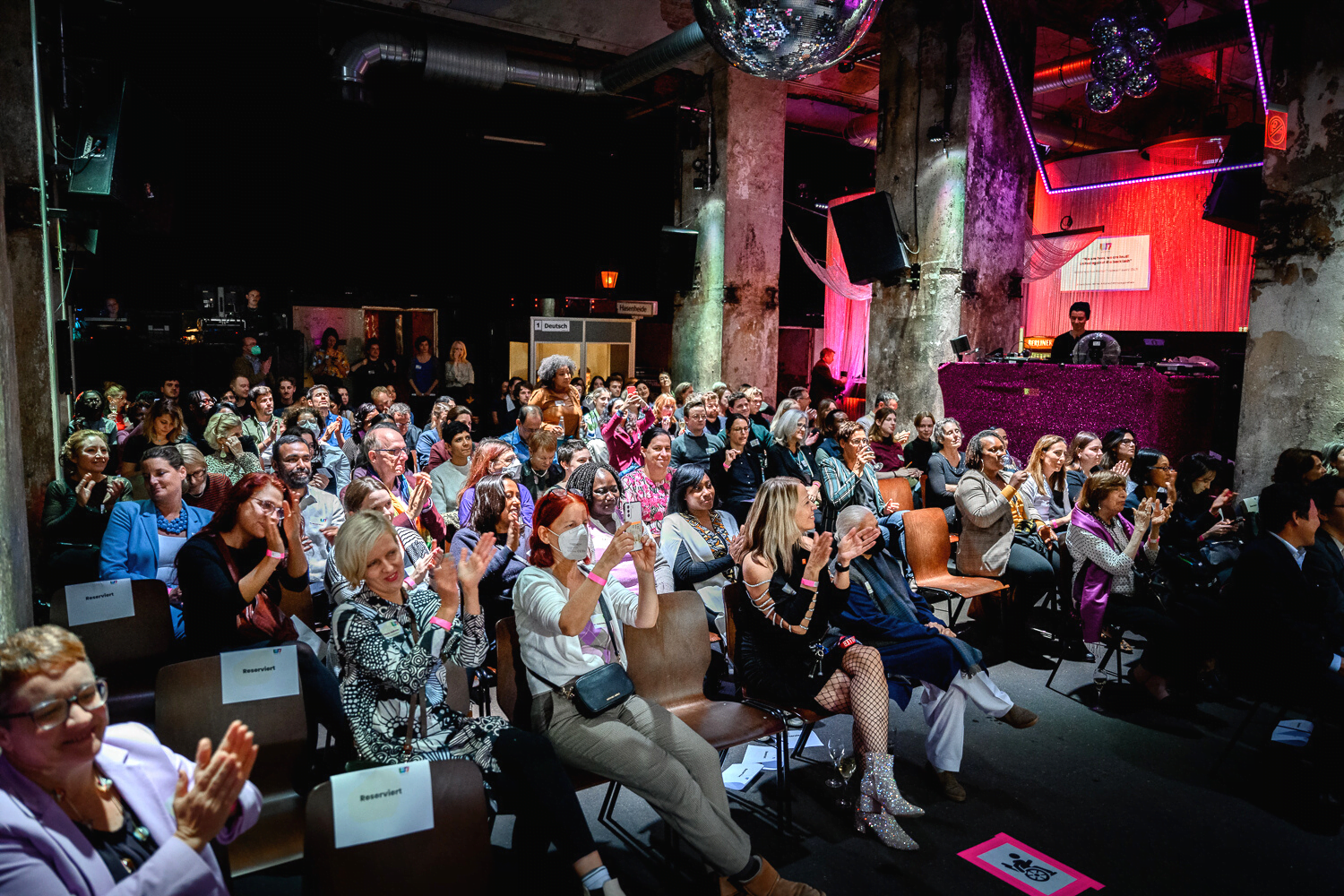
Future plans
Next year’s G7 presidency will be hosted by Japan. There is currently no confirmed funding to continue the Women7 coalition work and this is definitely a key challenge undermining the work in future. The Minister for Gender Equality of Japan, Mr Ogura, promised at the W7 outreach event that he will try to push his government to allocate support to bring the W7 coalition to Japan, but there is currently no official confirmation that this will go ahead.
Whilst waiting for the news about next year’s G7 and future of the W7 coalition, the commitments created by the group of advisors this year set out in the W7 Communiqué are still both extremely relevant and in urgent need of implementation. The Foundation will continue to monitor and engage with G7 next year – hopefully as part of the Women7 coalition – to amplify the voice of women entrepreneurs and promote economic justice.
Learn more about our G7 advocacy...
-
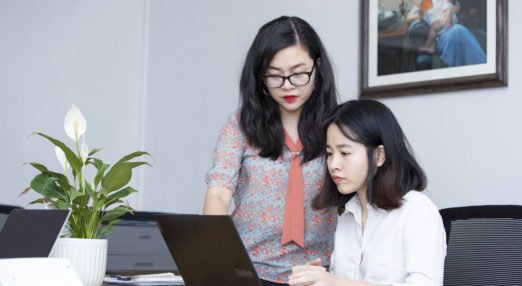
Elevating Women’s Rights in the G7 Agenda
In June, the G7 will meet to make policy decisions on issues including women’s rights. Here's how we'll be pushing for women's entrepreneurship to be high on the agenda.
Read more
-
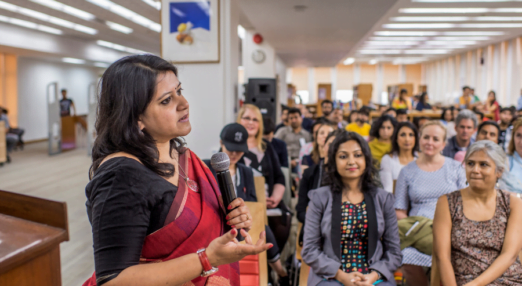
G7 leaders must prioritise women’s empowerment at this year’s Summit
Fundamental changes must be made at a global level and across societies to dismantle the gendered barriers holding back women entrepreneurs.
Read more
-
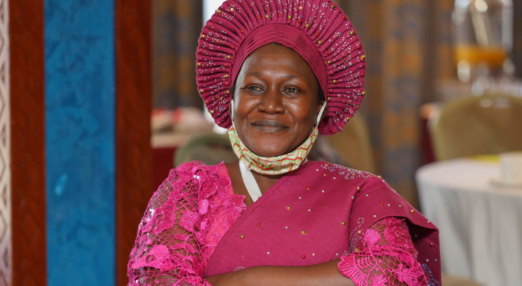
Promising results from G7 Summit as leaders strengthen their commitments to women’s rights
G7 leaders have published a communiqué, with concrete commitments to women's empowerment.
Read more